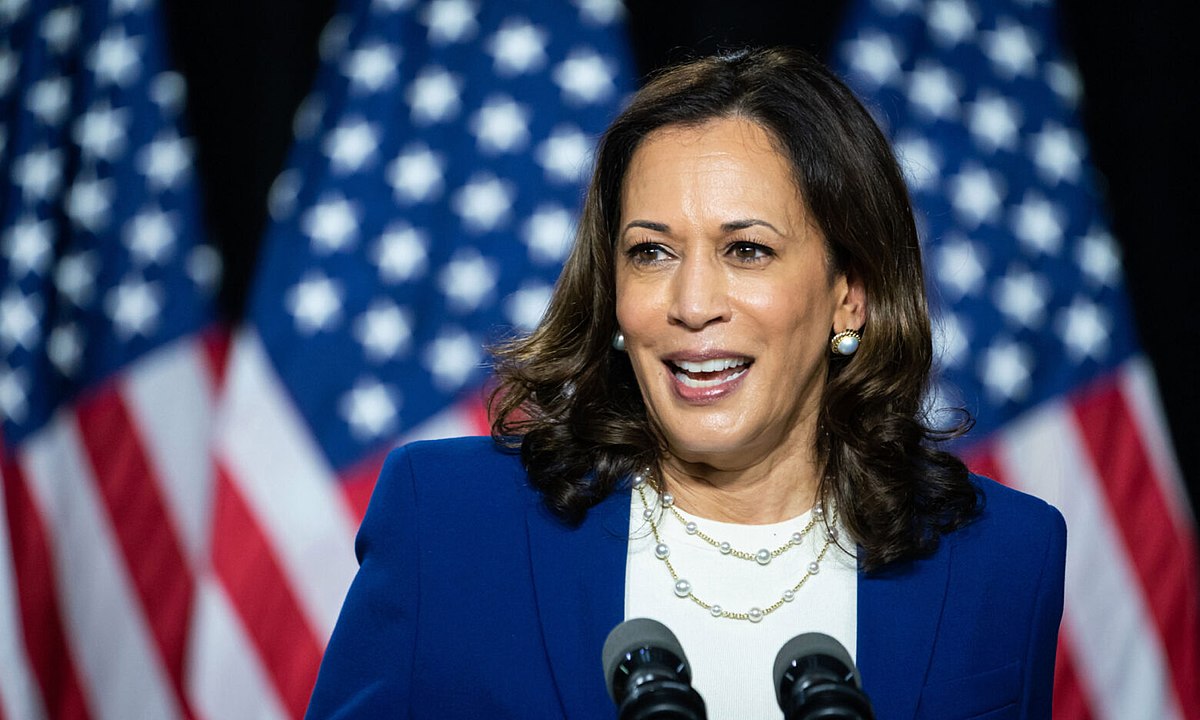Thu, 22 May 2025 05:54:14pm
Related Tags: Trump 2024 rally, Madison Square Garden Trump, Tony Hinchcliffe Puerto Rico, Kamala Harris Latino voters, Trump GOP criticism
Explosive Rhetoric and Racist Remarks: Trump’s NYC Rally at Madison Square Garden Raises Eyebrows

Explosive Rhetoric and Racist Remarks: Trump’s NYC Rally at Madison Square Garden Raises Eyebrows
Former President Donald Trump took center stage at Madison Square Garden this week, unleashing a storm of provocative statements and offensive remarks that highlighted his bold, controversial approach to the 2024 presidential campaign. However, it was his supporters’ rhetoric that truly left many political analysts and the public taken aback, with one comedian dubbing Puerto Rico a “floating island of garbage” and others taking jabs at minorities in a manner that has ignited bipartisan criticism. As Election Day inches closer, Trump’s rally raises questions about how his inflammatory style could impact his campaign, with some remarks sparking outrage across the political spectrum.
Details of the Incident: In his Madison Square Garden rally, Donald Trump made his stance clear, asking the crowd if they felt “better off now than four years ago,” echoing Ronald Reagan’s famous query. But in a more ominous twist, Trump also warned about threats from “within,” vowing large-scale deportations and taking a hard stance on crime. He further amplified his narrative of political “cheating” and “corruption” by opponents, effectively positioning his campaign on a platform of fear and retribution.
Trump’s supporters, however, took the rhetoric to more extreme ends. Comedian Tony Hinchcliffe, who introduced Trump, made several remarks that left the crowd divided and fueled criticism. Referring to Puerto Rico as a “floating island of garbage” and making derogatory comments about Hispanics and Jews, his statements received immediate backlash from both Democrats and Republicans alike. Key GOP figures like Senator Rick Scott of Florida and Representative María Elvira Salazar of South Florida were quick to condemn the remarks. Scott labeled the joke “untrue and disrespectful,” while Salazar went a step further, calling the joke “racist” and warning that such rhetoric misrepresents the values of the GOP. The backlash even drew the attention of prominent Latin pop star Bad Bunny, who shortly after the event, endorsed Vice President Kamala Harris, aligning himself with her support for the Latino community.
Vice President Kamala Harris, meanwhile, spent the weekend campaigning in Pennsylvania, where she worked to galvanize the Latino vote—a key demographic that could sway the outcome in critical swing states like Pennsylvania and Florida. With the Latino vote seeing a gradual shift, particularly among Puerto Rican Americans, Harris emphasized her support for the community with a video message and promises to address the issues they face.

Trump’s Divisive Campaign Approach: Throughout the rally, Trump emphasized his commitment to “restore America,” yet his increasingly combative and sometimes erratic language stirred concerns about the trajectory of his campaign. Trump’s tactics include projecting an almost apocalyptic vision for the country, where “liberation day” (Election Day) promises to restore order. He described his vision of America as “for Americans – and Americans only,” a narrative encouraged by his advisor, Stephen Miller, who is known for his stringent views on immigration. Former Fox News host Tucker Carlson also contributed to the rally’s intense tone by making a racially charged remark about Harris.
The off-color humor did not end there. Businessman Grant Cardone referred to Harris’s supposed “pimp handlers” and merchandise labeling Harris with misogynistic slurs circulated among the audience. Even one of Trump’s childhood friends, David Rem, reportedly dubbed Harris “the devil” and “the Antichrist.” Despite the fiery language from his affiliates, the Trump campaign only issued a formal repudiation of the “garbage” joke directed at Puerto Rico, signaling a selective response to criticism.
Political Fallout: With Election Day drawing near, Trump’s controversial rally statements seem to be both an asset and a liability. On the one hand, his strong critique of the current administration resonates with the dissatisfaction many voters feel about the cost of living and inflation, key concerns among Americans who, according to polls, largely feel they are “worse off” than four years ago. Yet, on the other hand, the divisive and hostile tone of his rhetoric alienates some voter demographics, including Latino voters, who might otherwise be swayed by his economic arguments.
Republican figures like Rick Scott and María Elvira Salazar have voiced frustration over this polarizing strategy, worried about alienating key voter bases. Yet the rally’s tone underlines Trump’s appeal to a segment of his base that finds his candid critique of the current administration refreshing.
Key Points:
- Trump headlined a rally at Madison Square Garden with a charged message of retribution against political opponents and a promise to combat crime.
- Comedian Tony Hinchcliffe’s racist comments, including calling Puerto Rico a “floating island of garbage,” drew bipartisan backlash.
- Vice President Kamala Harris countered by campaigning in Pennsylvania, highlighting the importance of the Latino vote.
- Several high-profile Republicans, including Senator Rick Scott and Representative María Elvira Salazar, condemned the inflammatory rhetoric.
- Trump’s 2024 campaign focuses heavily on discontent with the current administration and frames his candidacy as the only path to “restore America.”



